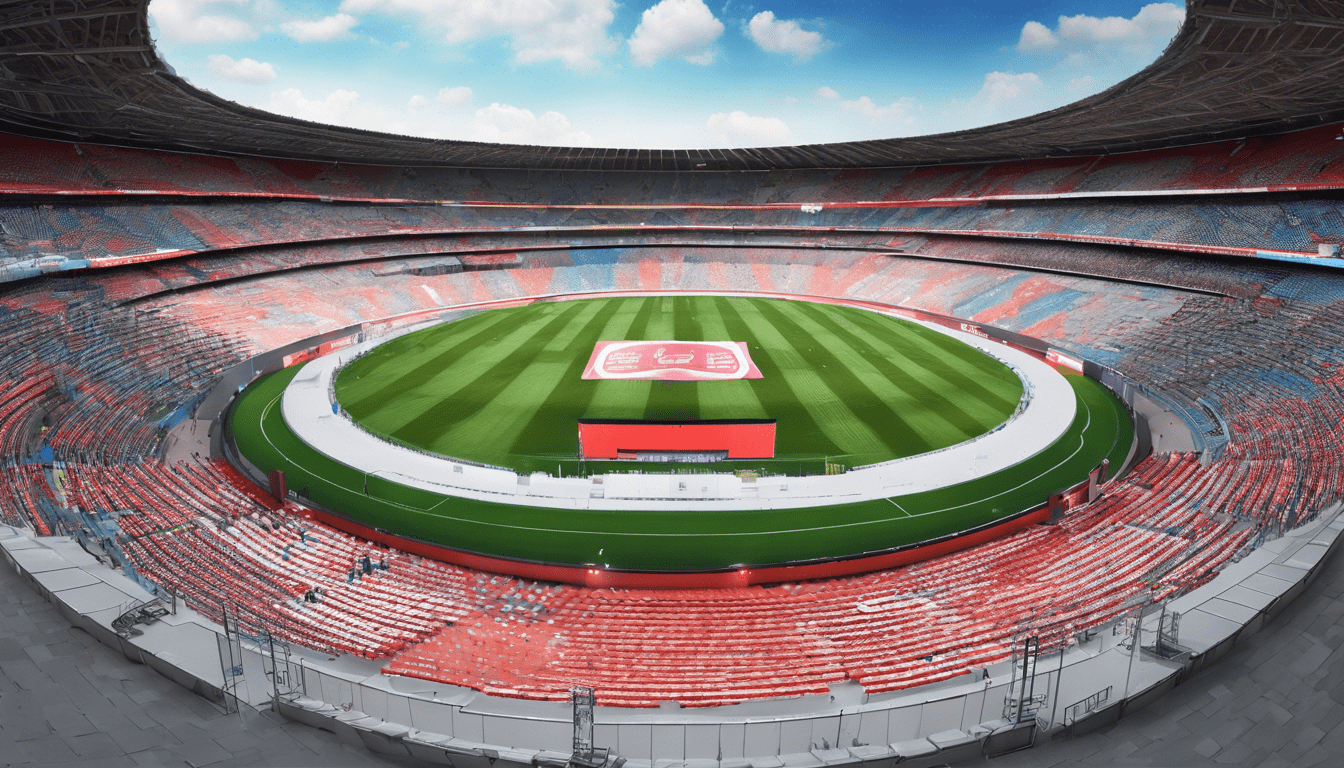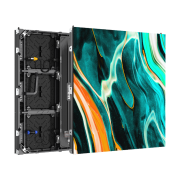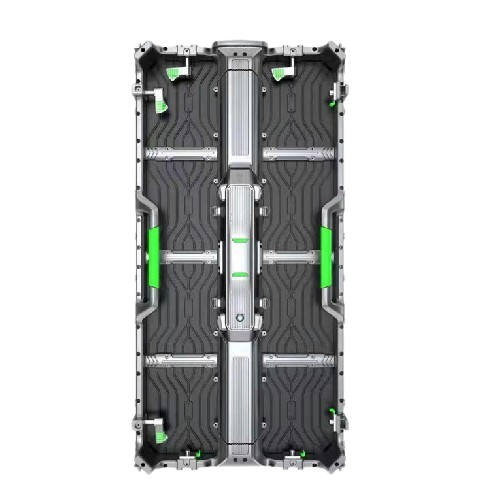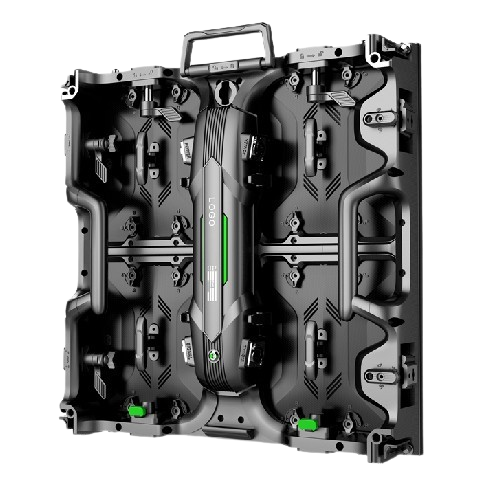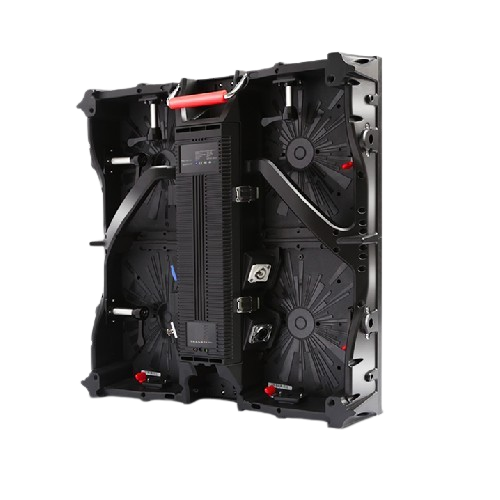Mastering Large Stadium LED Display Screen Manufacture: Ultimate Guide
In recent years, Large Stadium LED Display Screen Manufacture has become an essential aspect of modern sports and entertainment events. These colossal displays not only enhance the spectator experience but also provide seamless event management and advertising opportunities. This guide delves into every aspect of manufacturing these display screens, from raw materials to installation, offering valuable insights into this booming industry.
Introduction to Large Stadium LED Display Screens
What are Large Stadium LED Display Screens?
Large Stadium LED Display Screens refer to massive digital screens installed in stadiums to present high-resolution visuals. These screens bring stunning clarity and vibrant colors, making them indispensable for live broadcasts, instant replays, advertisements, and crowd engagement.
Importance of LED Display Screens in Stadiums
- Enhanced Spectator Experience: These screens provide real-time updates, replays, and scores, enriching the viewing experience.
- Revenue Generation: They offer advertising space that can be sold to sponsors, boosting stadium revenue.
- Crowd Management: Information and guidelines can be easily disseminated to large crowds, ensuring safety and coherence.
Components of a Large Stadium LED Display Screen
LED Modules
The core of any LED display screen, LED modules consist of LED lights arranged in a defined pattern. These modules determine the brightness and resolution of the screen.
Control System
The control system involves both hardware and software to manage the display content. It ensures correct image rendering and synchronization across the screen.
Power Supply
A stable and robust power supply is crucial to ensure uninterrupted operation of the display screen, especially during important events.
Cabinet
The cabinet encases the LED modules and other components, providing structural stability and protection against environmental factors.
Manufacturing Process of Large Stadium LED Display Screens
Design and Planning
Manufacturers begin with an extensive design and planning phase, where they determine the specifications based on the stadium’s requirements. This includes size, resolution, and aspect ratio.
Material Selection
Selecting high-quality materials, such as weather-resistant LEDs and durable cabinetry, is essential for the longevity and performance of the display screen.
Assembly
The assembly process involves integrating the LED modules, control systems, and power supply into the cabinet. Precision is crucial to ensure seamless operation.
Testing
Before installation, extensive testing is conducted to verify that the screen meets the desired specifications and can withstand environmental stress.
Installation
Professional teams are employed for the installation of the screen in the stadium, ensuring secure mounting and optimal positioning for maximum visibility.
Technological Advancements in LED Display Screens
4K and 8K Resolutions
Higher resolutions like 4K and 8K are becoming mainstream, offering ultra-clear visuals that significantly enhance the viewer experience.
Smart Control Systems
Modern control systems come equipped with AI and Machine Learning capabilities, allowing for automated adjustments and real-time analytics.
Energy Efficiency
Advancements in LED technology have led to more energy-efficient screens, reducing operational costs and environmental impact.
Wireless Connectivity
Wireless technologies have simplified the control and updating of display screens, allowing for more dynamic content delivery.
Case Studies and Real-World Examples
- SoFi Stadium, Los Angeles: Features a 70,000-square-foot dual-sided LED display, offering an immersive experience for fans.
- Wembley Stadium, London: Known for its high-resolution LED screens that provide crystal-clear replays and advertisements.
- Mercedes-Benz Stadium, Atlanta: Houses the world’s largest 360-degree halo screen, setting new standards in display technology.
Challenges in Manufacturing Large Stadium LED Display Screens
Cost
High initial costs for materials and technology can be a significant barrier for manufacturers and clients alike.
Durability
The screens must withstand extreme weather conditions, necessitating the use of high-quality, weather-resistant materials.
Maintenance
Regular maintenance is essential to ensure optimal performance, requiring skilled technicians and high-quality spare parts.
Customization
Each stadium has unique requirements, making customization a challenging yet crucial aspect of manufacturing.
Future Trends in LED Display Screen Manufacturing
Interactivity
The future points towards more interactive display screens that can engage spectators through AR and VR technologies.
MicroLED Technology
MicroLED presents a revolutionary advancement, offering brighter, more efficient, and longer-lasting displays.
Modular Designs
Modular designs allow for easier installation and maintenance, and the flexibility to adjust screen sizes as needed.
Sustainable Manufacturing
Emphasis on sustainability will drive the adoption of eco-friendly materials and energy-efficient production processes.
Conclusion
The realm of Large Stadium LED Display Screen Manufacture is ever-evolving, with continuous advancements improving both the quality and functionality of these massive displays. As technological innovations and sustainable practices take center stage, the future promises even more spectacular, efficient, and eco-friendly displays that will redefine the spectator experience.

